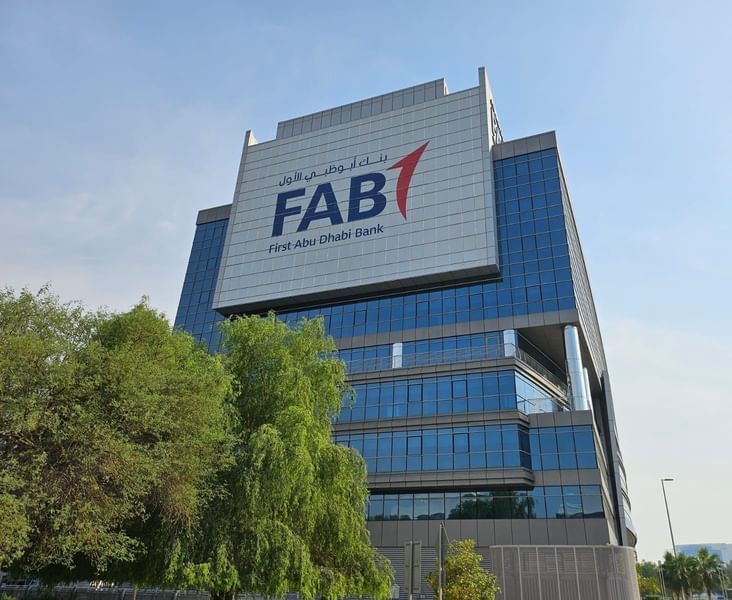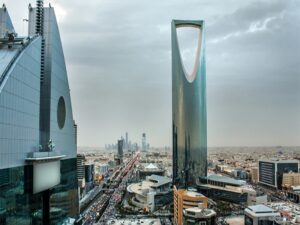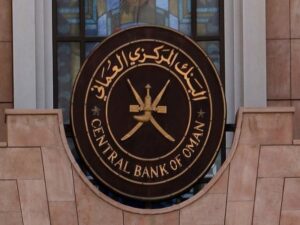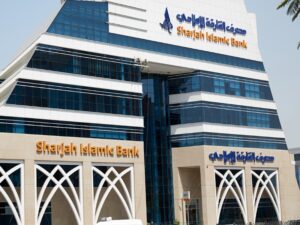First Abu Dhabi Bank (FAB) has raised HKD 390 million (USD 50 million) through a five-year Blue Bond, becoming the first financial institution in the Gulf to issue such an instrument. The transaction, placed privately with an Article 9 (Dark Green) investor, marks a new chapter in the region’s sustainable finance landscape.
Expanding the Sustainable Finance Playbook
The issuance, structured under FAB’s Sustainable Finance Framework 2023 and aligned with ICMA’s Green Bond Principles, will channel capital into projects linked to the blue economy — an area that has historically received less funding compared with other green initiatives.
Proceeds will be directed toward projects that support sustainable water infrastructure, wetland and coral reef rehabilitation, fisheries management, and biodiversity conservation. The transaction also aligns with the UAE Water Agenda 2036 and coincides with Abu Dhabi’s preparations to host two high-profile global summits: the IUCN Congress in October 2025 and the UN Water Conference in March 2026.
Investor Demand on the Rise
FAB’s deal underscores growing global investor appetite for blue-labelled assets that target marine and water-related sustainability goals. Crédit Agricole Corporate and Investment Bank acted as the Sole Dealer on the issue.
Strategic Significance
For FAB, the Blue Bond represents more than a symbolic step. It strengthens the bank’s positioning as a regional leader in sustainable finance and extends its product suite beyond green bonds into the blue finance segment.
The bank has already established itself as a key player in ESG-linked instruments across the Middle East. By pioneering the region’s first Blue Bond, FAB is signalling that Gulf lenders are ready to broaden the scope of sustainability-focused capital markets.
The Bigger Picture
Blue bonds remain a niche asset class globally but are gaining traction as regulators, investors, and governments highlight the need to protect water resources and marine ecosystems. For the UAE, FAB’s issuance adds momentum to its wider push to align financial innovation with climate and biodiversity goals, while reinforcing the country’s status as a sustainability hub.
–Input WAM






